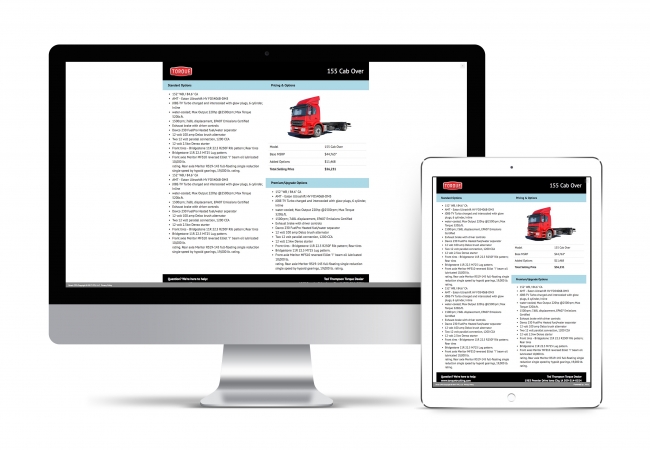3 minute read
Five new and emerging technologies for manufacturers
Businesses that operate in various manufacturing sectors, particularly those in discrete manufacturing that fall into automotive, aerospace, and other adjacent industries, there’s a pressing need to leverage modern technology solutions to streamline processes, empower sales teams, partners, and vendors, and explore the opportunities afforded by today’s B2B ecommerce solutions. Stephen Hardy from FPX looks at five technologies manufacturers should consider embracing.
Business leaders and professionals involved in Application Development and Delivery (AD&D) in IT, sales, and other departments can find it very challenging to identify, assess, procure and implement tech solutions in a crowded vendor marketplace.
There is help however. Following are five technologies that AD&D practitioners in discrete manufacturing and related industries can consider in order to modernise their processes, empower sales and delivery channels, and keep pace with competitors as eCommerce initiatives become increasingly common to meet the demands of buyers online.

Modern technology solutions can help manufacturers streamline processes, empower sales teams, partners, and vendors, and explore the opportunities afforded by today’s B2B ecommerce solutions / Picture: FPX
These five are not necessarily new, but they are proven or emerging technologies that any organisation undergoing digital transformation should be taking into consideration.
1 – Predictive analytics
According to Forbes, ‘Predictive analytics, smart, connected products (IoT) and advanced materials are the three most important advanced manufacturing technologies.’
The importance and impact of these technologies cannot be understated. They are still moving from ‘emerging’ to fully realised, but increasingly manufacturers and other industries will rely on data and analytics to inform product innovations, pricing, promotions, customer targeting, and numerous other strategies to drive revenue. Furthermore, IoT and smart factories are beginning to gain traction on a worldwide basis.
2 – Artificial Intelligence (AI) and machine learning
All the data that is derived from predictive analytics will inform advanced AI and machine learning capabilities that will have a significant impact on all aspects of the quote-to-order and engineer-to-order processes that span manufacturing. According to Forbes, applying cognitive computing to the complex challenges of multi-site manufacturing, multi-tier distribution, product configuration, distributed order management, and aftermarket service also has the potential to revolutionise manufacturing with greater accuracy, customer responsiveness, and speed.
3 – Virtual Reality (VR) and 3D printing
While virtual reality and 3D printing may not initially lend themselves to practical implementations in manufacturing sectors, the truth is that these tools are not just fun tech toys, but also present opportunities to improve product quality, avoid errors and drive efficiency.
Consider the possibilities for sales as they allow buyers to navigate a configured tractor, fleet vehicle or an exam room full of medical devices being sold. When it comes to 3D printing, sellers could model parts and other products while engineers and manufacturers on the back end could observe a configured solution from the field before development.
4 – Internet of Things (IoT) isn’t just for B2C
The IoT gets a lot of publicity, particularly when it comes to the ways that it is being used for B2C applications, but when it comes to manufacturing it is really making its mark. We noted IoT above, but it’s worth mentioning again because it is already impacting so many areas. These include its use in precision manufacturing to improve supply management, machine to machine (M2M) communications which are leading to smarter manufacturing automation across the value chain, and the ways in which it is being used in the automotive industry to improve safety, control, and diagnosis.
5 – Modern CRM, ERP, and CPQ have a significant role to play
Configure Price Quote (CPQ), CRM, ERP, and other “seasoned” technologies are often already part of the manufacturer’s playbook. However, these solutions continue to delivery for manufacturers and can complement and extend the power and capabilities of other solutions that may be added to the tech stack.
For example, modern CPQ solutions can integrate with a B2B eCommerce platform to scale complex product, pricing, and service catalogues into a viable user and customer experience. With a powerful CPQ engine driving updates and managing millions of complex rules and logic in one place, sellers can confidently deliver offerings across traditional as well as digital channels.
Integration of these new technologies can seem daunting of course. But the manufacturing world is accustomed to adopting and adapting to new processes, and understands the long-term benefits. These five emerging technologies will undoubtedly evolve and possibly spawn other revolutionary advances, but for now, they are the most significant areas to focus on.
